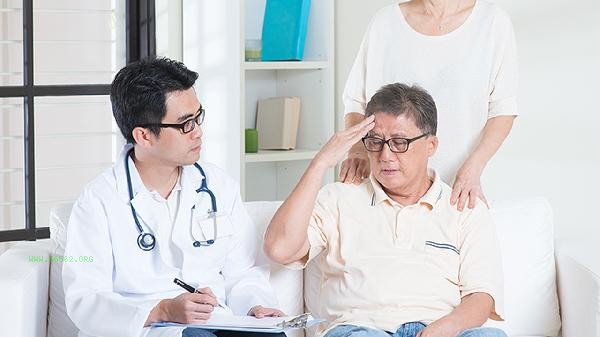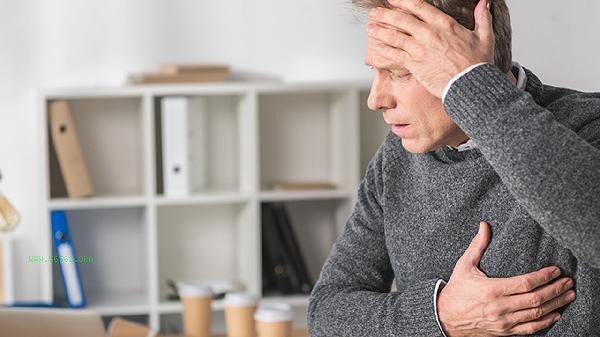The increase in blood pressure on the second day after sexual intercourse may be related to factors such as emotional excitement, physical exertion, or potential hypertension. It can be improved by adjusting lifestyle, monitoring blood pressure, psychological regulation, medication intervention, and medical examination.

1. Adjust lifestyle
Avoid having sex immediately after intense activity, maintain a regular schedule, and limit high salt and high-fat diets. Daily sodium intake should be controlled within 5 grams, and potassium rich vegetables and fruits such as bananas and spinach should be increased. After sexual intercourse, it is advisable to replenish fluids appropriately and avoid drinking alcohol or caffeinated drinks that can stimulate blood vessel constriction.
2. Monitoring blood pressure
It is recommended to use a certified upper arm electronic blood pressure monitor and measure the average value three times before sexual intercourse and the next morning after waking up. If the systolic blood pressure continues to exceed 140mmHg or the diastolic blood pressure exceeds 90mmHg in a resting state, the blood pressure fluctuation curve should be recorded for the doctor's reference.
3. Psychological regulation
The sympathetic nervous system excitability caused by sexual arousal may trigger temporary blood pressure fluctuations, which can be relieved by abdominal breathing training. Practice slow deep breathing for 5 minutes each time, with a focus on keeping the duration of exhalation more than twice the duration of inhalation, to help reduce catecholamine secretion levels.

4. Medication Intervention
Diagnosed hypertensive patients can use long-acting antihypertensive drugs such as nifedipine controlled-release tablets and valsartan capsules according to medical advice. Avoid taking short acting antihypertensive drugs on your own to cope with occasional hypertension and prevent the risk of orthostatic hypotension. Regular check ups of liver and kidney function are required during medication.
5. Medical examination
If high blood pressure is accompanied by symptoms such as headache and blurred vision, secondary hypertension such as pheochromocytoma should be screened. Identify the cause through 24-hour dynamic blood pressure monitoring, adrenal CT and other examinations. It is recommended to evaluate carotid artery ultrasound and cardiac ultrasound simultaneously for middle-aged and elderly populations.

Daily attention should be paid to controlling the frequency of sexual intercourse and avoiding excessive fatigue. Maintaining aerobic exercise such as brisk walking and swimming 3-5 times a week for more than 30 minutes each time can help enhance cardiovascular regulation ability. Regular health check ups should be conducted, with a focus on metabolic indicators such as blood lipids and blood sugar. When recurrent abnormal blood pressure occurs, it is recommended that couples participate in health management together, and if necessary, consult a cardiovascular specialist to develop personalized plans.









Comments (0)
Leave a Comment
No comments yet
Be the first to share your thoughts!